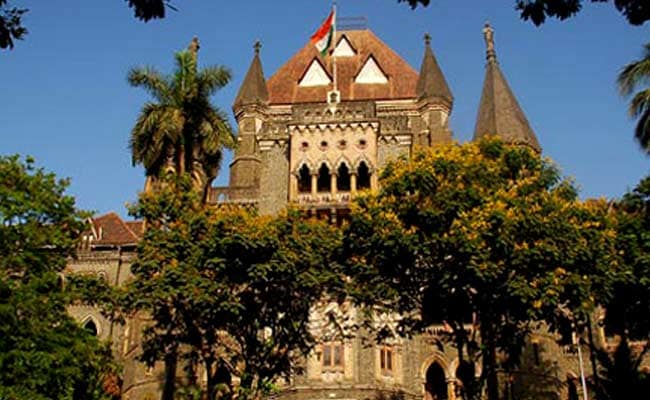
The Bombay High Court has held offences under any law, barring the IPC, which are punishable by up to three years in jail, are cognizable and non-bailable in nature and rejected the pre-arrest bail plea of a man charged in a copyright case, as per an order made available on Thursday.
A single bench of Justice Sarang Kotwal made the observation on February 26 while hearing an anticipatory bail application filed by one Piyush Ranipa, charged in a case by the Solapur police for allegedly manufacturing sub-standard pipes and selling them under the trademark of a rival company.
The order copy was made available on Thursday. Ranipa has been charged under provisions of the Indian Penal Code (IPC) and relevant sections of the Copyright Act and the Trade Marks Act.
The applicants advocate, Mandar Soman, argued that the IPC sections under which Ranipa has been charged are bailable.
However, the sections of the Copyright Act and the Trade Marks Act invoked in the case are punishable up to three years in jail.
Soman argued that under the two Acts, the punishment can be a minimum of six months which may extend to three years and hence it is bailable.
Advocate Aniket Nikam, appointed by the HC as an amicus curiae (to assist the court) in the case, however, argued that the offences in which sentence imposed can extend up to three years will be non-bailable in nature.
An offence will be bailable only when the sentence of that offence is less than three years. But when a particular Act provides for the punishment to be up to three years then it becomes non-bailable in nature, he argued.
The court, in its order, noted that if the offences in any other law, except the IPC, are punishable with imprisonment for three years and upwards then the offences are cognizable and non-bailable.
Referring to Schedule I part II of the Criminal Procedure Code (CrPC), Justice Kotwal said, Wherever it is possible to impose the punishment extending to three years, this category would apply, because in such offences it is possible to impose a sentence of exactly three years. In such cases, offences would be non-bailable.
As per the CrPC provision, if any offence under a law, other than the IPC, is punishable with imprisonment for three years then it is cognizable and non-bailable.
The court, while rejecting Ranipa's application, noted that a case under the Copyright Act and Trade Marks Act was clearly made out against him.
In cognizable offences, police can arrest a suspect in a case without seeking a courts warrant to do so and can start an investigation on its own.
(This story has not been edited by NDTV staff and is auto-generated from a syndicated feed.)Track Latest News Live on NDTV.com and get news updates from India and around the world

